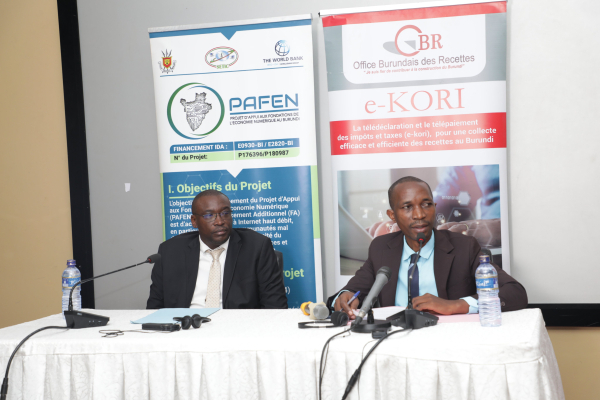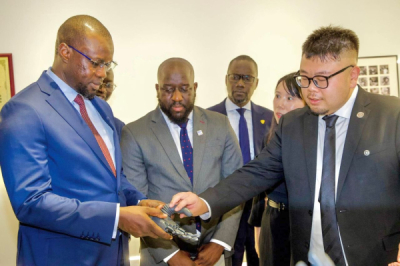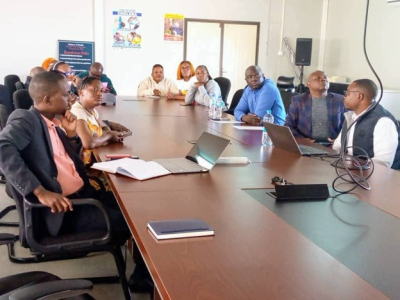• Burundi deepens collaboration with Liberia, Sierra Leone, and Benin on tax digitalization
• OBR targets simplified tax processes, better data management, and online platforms
• National rollout of electronic billing and integrated tax systems underway
Burundi’s tax authority (OBR) is accelerating its digital modernization efforts by learning from other African countries. Late last week, the OBR hosted two days of discussions with Sierra Leone’s National Revenue Authority (NRA), known for successfully implementing a digital tax collection system.
This initiative follows a similar exchange organized about a week earlier with Liberia’s Revenue Authority (LRA). Over two days, LRA experts shared their experience with Burundi’s e-KORI project, which focuses on the digitalization of internal tax collection. OBR praised Liberia’s success in building an effective digital tax system following years of civil conflict. The OBR also confirmed ongoing cooperation with Benin on similar reforms.
Burundi’s digital tax strategy aims to simplify processes for taxpayers, automate revenue management and collection, and improve data reliability. One of the most notable milestones so far has been the launch of an online filing and payment platform in 2023. The OBR website also provides services such as anonymous reporting of corruption, document verification, and access to regulatory information.
The government is now working on implementing an integrated digital system for managing internal taxes and non-tax revenues. A tender for this project was launched on May 5. At the same time, the OBR is stepping up efforts to promote the use of electronic billing machines among taxpayers.
The OBR’s digital transformation plan aligns with international standards. The Organisation for Economic Co-operation and Development (OECD) emphasizes that digitalizing tax administrations reduces the cost and complexity of paying taxes. “When the process is tedious, it creates significant time and financial costs for taxpayers. At the macro level, this can lead to major productivity and resource losses,” says the OECD.
However, the OBR recognizes that technology alone is not enough. The authority highlights the need for a clear and consistent tax framework, stronger public awareness of tax compliance, and improved monitoring of how taxpayers use digital tools such as billing machines and online platforms.
Beyond digital systems, access to technology remains a critical challenge. For example, according to the International Telecommunication Union (ITU), nearly 90% of Namibians did not use the Internet in 2023, and around 80% of the population lacked mobile phones.
The OBR believes improving access to digital infrastructure will be key to ensuring that taxpayers across Burundi can fully benefit from its digital tax services.



















